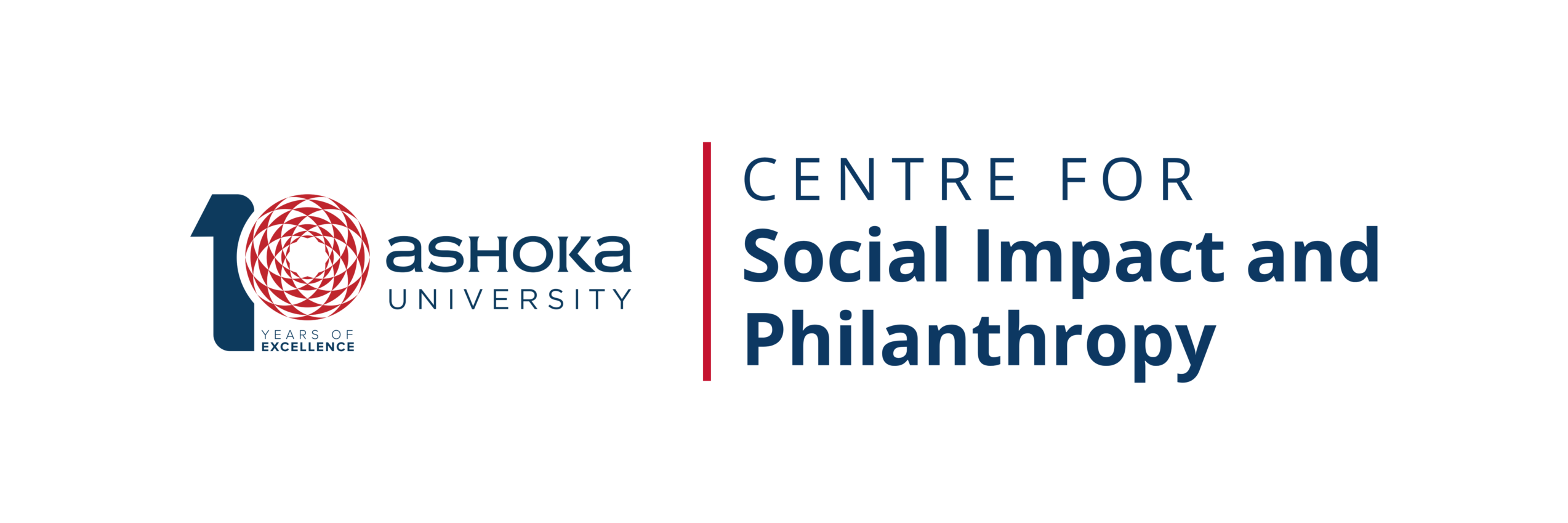


Winners Take All: The Elite Charade of Changing the World — by Anand Giridharadas
Anand Giridharadas’ book, Winners Take All – The Elite Charade of Changing the World, has drawn so much comment that any review at this point seems both superfluous and tardy. Nonetheless, for those who’d appreciate a detailed account of the book’s highlights, here’s one.
At its core, Winners Take All seeks to expose the hazards and consequences of the Market World mindset that Giridharadas sees as pervading philanthropy, especially giving by the ultra-wealthy, especially in the USA. Coupled with the win-win premise, that believes it is feasible for givers, recipients and society at large to all benefit simultaneously from acts of supposed altruism, prevents any examination or criticism of the sources of the benefactors’ wealth or the means by which it is accumulated. ‘Win-win-ism’ requires one to first, focus on the victim, not the perpetrator, then to abjure the political for the personal and, finally, to propose constructive action. From the gig economy as a substitute for less precarious employment, to unquestioning acceptance of the philanthropy of businesses whose core activities immiserate humanity and the planet, win-win-ism prevents any challenge to economic and political systems that are rigged in favour of those doing the purported giving, the book avers.
This mindset, promoted at numerous global gatherings of powerful elites, requires the substitution, Giridharadas points out, of ‘public intellectuals’ by ‘thought leaders.’ Exemplified by speakers at TED talks, these are ‘congenial to plutocrats’ and ‘know one big thing that they believe will change the world.’ They are ‘optimists’, Giridharadas quotes Daniel Drezner as describing, ‘telling uplifting stories’ who ‘go easy on the powerful,’ emphasising ‘hopeful solutions over systemic change.’ Public intellectuals, Drezner points out by contrast, are ‘wide-ranging critics and foes of power, staying aloof from market, society and state, arguing with each other in books and magazines and posing a genuine threat to the winners’ values of ‘disruption, self-empowerment, and entrepreneurial ability.’ ‘For every thought leader with advice on how to build a career in a merciless new economy, there are many less heard critics aspiring to make the economy less merciless,’ who will not be invited to events to promote new ideas funded by a new class of benefactors, Giridharadas says.
The dominant consensus at such events and the bedrock of the philanthropy promoted there is summarised in the book by Bruno Giussani, TED curator: Businesses are the engines of progress. Market forces are the best way to allocate scarce resources and to solve problems. People are essentially rational, self-interest-driven actors. Naysayers are dismissed as being unrealistic, looking at things the wrong way. Inevitably then, philanthropy that enlarges public goods provided for by the state, is substituted by “private initiatives that crowd out the public sector, further reducing its efficacy, and replacing civic goals with narrower concerns about efficiency and markets.”
This approach focuses resources and effort on nurturing alternatives to predatory capitalism rather than seeking to control or reform it. It is fatalistic about the system, disguising impotence regarding structural change as innovation. Giridharadas likens it to praise for the benevolent slave master.
Much of the criticism of Winners Take All boils down to “not all philanthropy”, juxtaposing its many positive consequences, and questioning what alternative means exist to serve pressing needs. We are urged to refrain from criticism of philanthropic motives and priorities for fear that the criticism will deter giving. Critics are urged to instead focus their attention on the 90% of the wealthy who are not philanthropic. Giridharadas clarifies, comparing his critique with questioning monarchy as a system even though every king does not administer his kingdom poorly. “It is to say”, he says, “that it does not matter what kind of job the king is doing. It is to say that even the best he can do is not good enough, because of how it’s done, the insulation, the changing of everything on the king’s continued beneficence, the capacity to alter lives they should not be touching.” Rather, questioning plutocratic power seeks to say that “a world marked more and more by private greed and the private provision of public goods is a world that doesn’t trust the people, in their collective capacity, to imagine another kind of society into being.”
Others too have made the argument for higher taxation as a democratically accountable alternative to reliance on philanthropy. As Giridharadas expresses it, “When a society helps people through its shared democratic institutions, it does so on behalf of all, and in a context of equality. Those institutions, representing those free and equal citizens, are making a collective choice of whom to help and how. Those who receive help are not only objects of a transaction, but also subjects of it —citizens with agency.” Political and systemic change, on the other hand, “speaks on behalf of every citizen”. While that is true, it ignores the constraints on public policy posed by the exigencies of electoral cycles, majoritarianism and, not least, the influence of big business. It does, however, represent a powerful argument for philanthropy aimed at restoring and strengthening democratic institutions and processes.
In the face of ongoing revelations of corporate malfeasance, systematic undermining of political institutions and democratic processes by private interests, combined with near total control by big business of all channels of news and information, the need for concerted push-back against corporate control of civil society should seem obvious. In India, where corporate philanthropy accounts for an estimated 25% of all private domestic philanthropy, and non-profits are urged to measure up to corporate expectations or perish, this is doubly true. Promoting greater examination of sources of wealth, philanthropic motives and means should, it seems to me, merit support, especially from philanthropists, and proponents of philanthropy, who wish to protect genuinely altruistic giving.


